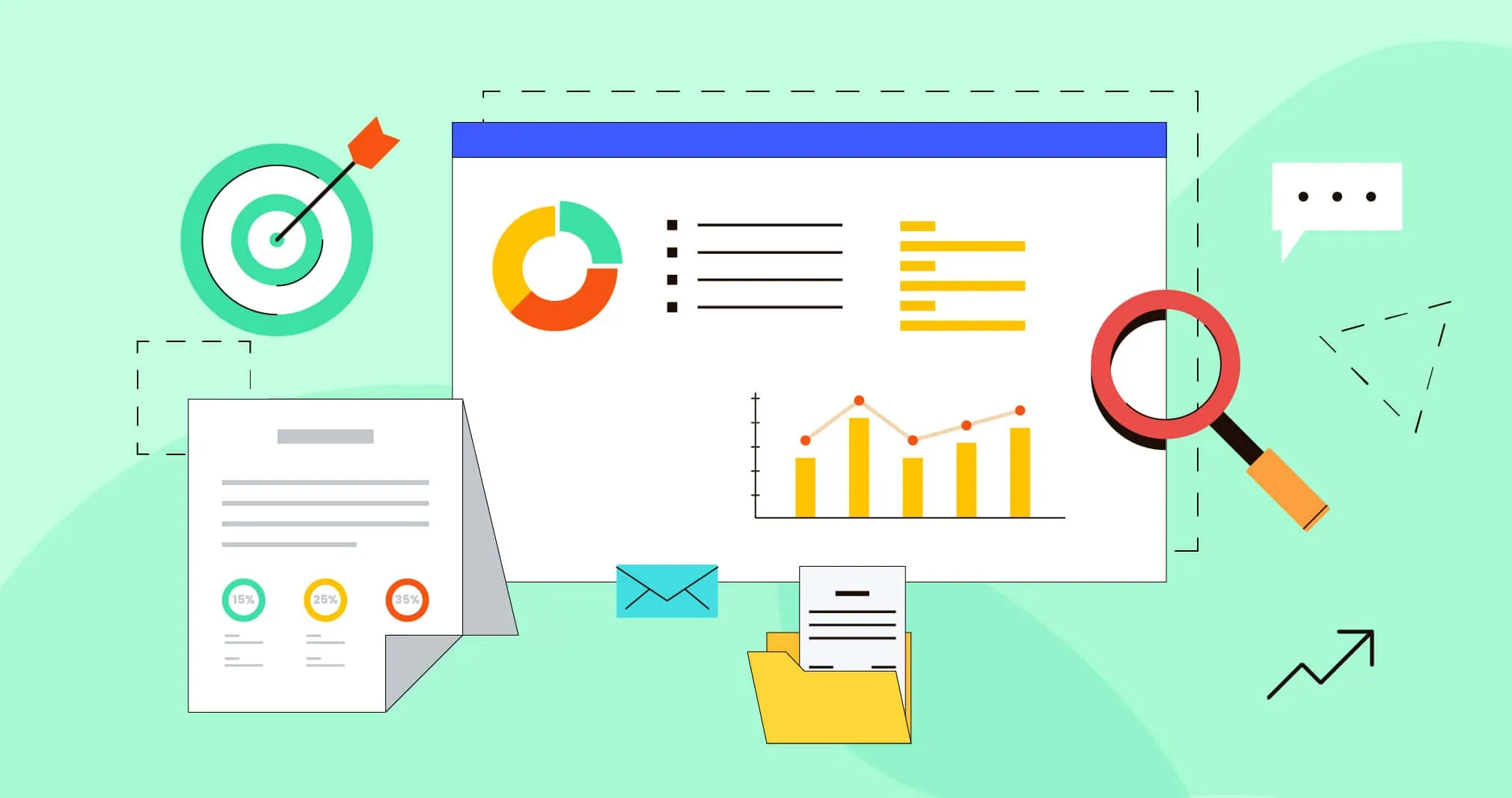In recent years, the rise of artificial intelligence (AI) has revolutionized content creation, offering tools that can generate articles, blog posts, and other forms of content quickly and efficiently. However, this development raises questions about the effectiveness of AI-generated content in search engine optimization (SEO). This guide delves into the relationship between AI content and SEO, exploring whether AI-generated content can rank well on Google and how to optimize it for better visibility.
The Importance of Understanding AI in Content Creation
Understanding AI in content creation is crucial for modern digital marketers, content creators, and business owners. AI tools can save time and resources, but their content must meet SEO standards to be effective. This guide aims to provide a comprehensive overview of how AI content interacts with Google’s ranking algorithms and what steps can be taken to ensure AI-generated content is SEO-friendly.
The Rise of AI in Content Creation
Historical Context
AI’s involvement in content creation has evolved rapidly over the past decade. Initially, AI was used for basic tasks like spell-checking and grammar correction. Today, advanced AI models like GPT-4 can generate entire articles, mimic writing styles, and even create engaging narratives. This progression has made AI a valuable tool for content creators seeking efficiency and innovation.
Key AI Tools in Content Creation
Several AI tools have gained popularity for content creation. These include:
- GPT-4 by OpenAI: Known for its advanced natural language processing capabilities.
- JasperJasper: A versatile AI writing assistant.
- Copy.ai: Focused on generating marketing copy and social media posts.
- Writesonic: Offers a range of content types, from blog posts to product descriptions.
Benefits of Using AI for Content Creation
- Efficiency: AI can generate content much faster than humans.
- Consistency: Maintains a consistent tone and style.
- Cost-Effectiveness: Reduces the need for large content teams.
- Versatility: Can produce a wide variety of content types.
SEO Fundamentals
What is SEO?
SEO, or Search Engine Optimization, involves optimizing a website’s content and structure to improve its visibility in search engine results pages (SERPs). The goal is to attract more organic traffic by ranking higher for relevant search queries.
Importance of SEO
SEO is vital for online visibility and traffic. Higher rankings in search results lead to increased website visits, which can translate into higher conversions and revenue. For AI-generated content to be effective, it must adhere to SEO principles to ensure it is discoverable by search engines.
Key SEO Components
- Keywords: Identifying and using relevant keywords throughout the content.
- Meta Tags: Optimizing meta titles and descriptions.
- Backlinks: Building a network of quality backlinks to improve authority.
- Content Quality: Ensuring content is informative, engaging, and valuable to readers.
- Technical SEO: Optimizing website structure, speed, and mobile-friendliness.
AI Content and Google’s Ranking Algorithms
How Google Ranks Content
Google’s ranking algorithms are designed to evaluate the relevance and quality of content. Key factors include:
- Content Relevance: How well the content matches the search query.
- Quality: The depth, accuracy, and originality of the content.
- User Experience: Factors like page speed, mobile-friendliness, and ease of navigation.
- Authority: The credibility and trustworthiness of the content and the site.
Google’s Approach to AI Content
Google has stated that it values high-quality content, regardless of whether it is AI-generated or human-written. The key is that the content must meet Google’s quality guidelines and provide value to users. Google’s algorithms can detect low-quality or spammy content, so AI-generated content must be well-crafted and relevant.
Examples of AI Content Ranking
There are numerous examples where AI-generated content has successfully ranked on Google. For instance, AI tools have been used to create product descriptions, blog posts, and even news articles that rank well in search results. The success of these examples often hinges on the quality and relevance of the content, as well as how well it is optimized for SEO.
Optimizing AI Content for SEO
Keyword Research and Integration
- Keyword Tools: Use tools like Google Keyword Planner, Ahrefs, or SEMrush to identify relevant keywords.
- Keyword Placement: Integrate keywords naturally into the content, including titles, headings, and body text.
- Long-Tail Keywords: Focus on long-tail keywords to target more specific queries and reduce competition.
Crafting Quality Content
- Originality: Ensure the content is unique and not duplicated from other sources.
- Depth: Provide comprehensive information that covers the topic thoroughly.
- Readability: Use clear and concise language to improve readability.
Meta Tags and Descriptions
- Meta Titles: Create compelling and keyword-rich meta titles.
- Meta Descriptions: Write informative meta descriptions that include primary keywords and entice users to click.
Building Backlinks
- Quality over Quantity: Focus on acquiring backlinks from reputable and relevant sites.
- Content Sharing: Promote content on social media and other platforms to encourage backlinking.
Technical SEO for AI Content
- Page Speed: Ensure fast loading times by optimizing images, using a content delivery network (CDN), and minimizing code.
- Mobile Optimization: Make sure the content is accessible and user-friendly on mobile devices.
- Structured Data: Use schema markup to help search engines understand the content better.
Challenges and Limitations of AI Content
Quality Concerns
AI content can sometimes lack the nuance and creativity of human writing. Ensuring high quality involves thorough editing and fact-checking.
Ethical Considerations
There are ethical concerns regarding transparency and the potential for misinformation. Clearly disclosing AI-generated content and ensuring accuracy is essential.
Balancing AI and Human Input
Combining AI efficiency with human creativity and oversight can produce the best results. Human editors can refine AI-generated content to ensure it meets quality standards.
Future of AI in Content Creation and SEO
Emerging Trends
- Improved AI Models: Ongoing advancements in AI models will enhance their ability to generate high-quality content.
- Personalization: AI tools will increasingly offer personalized content tailored to individual user preferences.
- Integration with Other Technologies: AI will integrate with other technologies like voice search and augmented reality to create more dynamic content experiences.
Predictions for AI Content and SEO
AI-generated content is expected to become more prevalent and sophisticated, with an improved ability to meet SEO standards. As AI tools evolve, they will better understand search intent and user behavior, further enhancing their effectiveness in SEO.
FAQs about AI Content and SEO
Can AI-generated content rank on Google?
Yes, AI-generated content can rank on Google if it meets quality standards and is optimized for SEO.
Is AI content as effective as human-written content?
AI content can be highly effective, especially when combined with human editing to ensure quality and relevance.
How can I ensure my AI content is SEO-friendly?
Focus on keyword integration, quality content, meta tags, backlinks, and technical SEO to ensure AI content is SEO-friendly.
What are the risks of using AI for content creation?
Risks include potential quality issues, ethical concerns, and the need for human oversight to ensure accuracy and relevance.
Will AI replace human writers?
AI is unlikely to replace human writers entirely but will complement their work by handling repetitive tasks and enhancing efficiency.
Conclusion
AI content can indeed rank in Google if it adheres to SEO best practices and maintains high quality. By leveraging AI tools while ensuring thorough optimization and human oversight, content creators can effectively use AI to enhance their SEO strategies. As AI technology continues to evolve, its role in content creation and SEO will only become more significant.
Read Also:
- How to Learn SEO in 2024
- How to Increase Website Traffic in 2024
- Top 5 Keyword Research Tools for SEO Success
- Best Ways to Create Backlinks for Free in 2024


